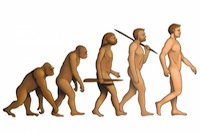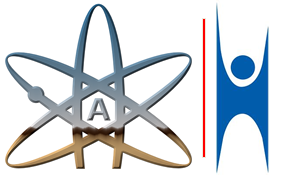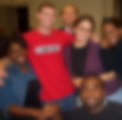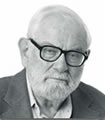So You Want to Be an Emperor?

It has been observed that if you want to be an emperor, it is better by far to be one at the beginning of the empire than at the end, when the whole enterprise is collapsing. If so, this is as good a season as any to start thinking about how to get there. Empires have been out of fashion for several generations, but history moves in cycles, and the day of the empire is returning. Read on…








